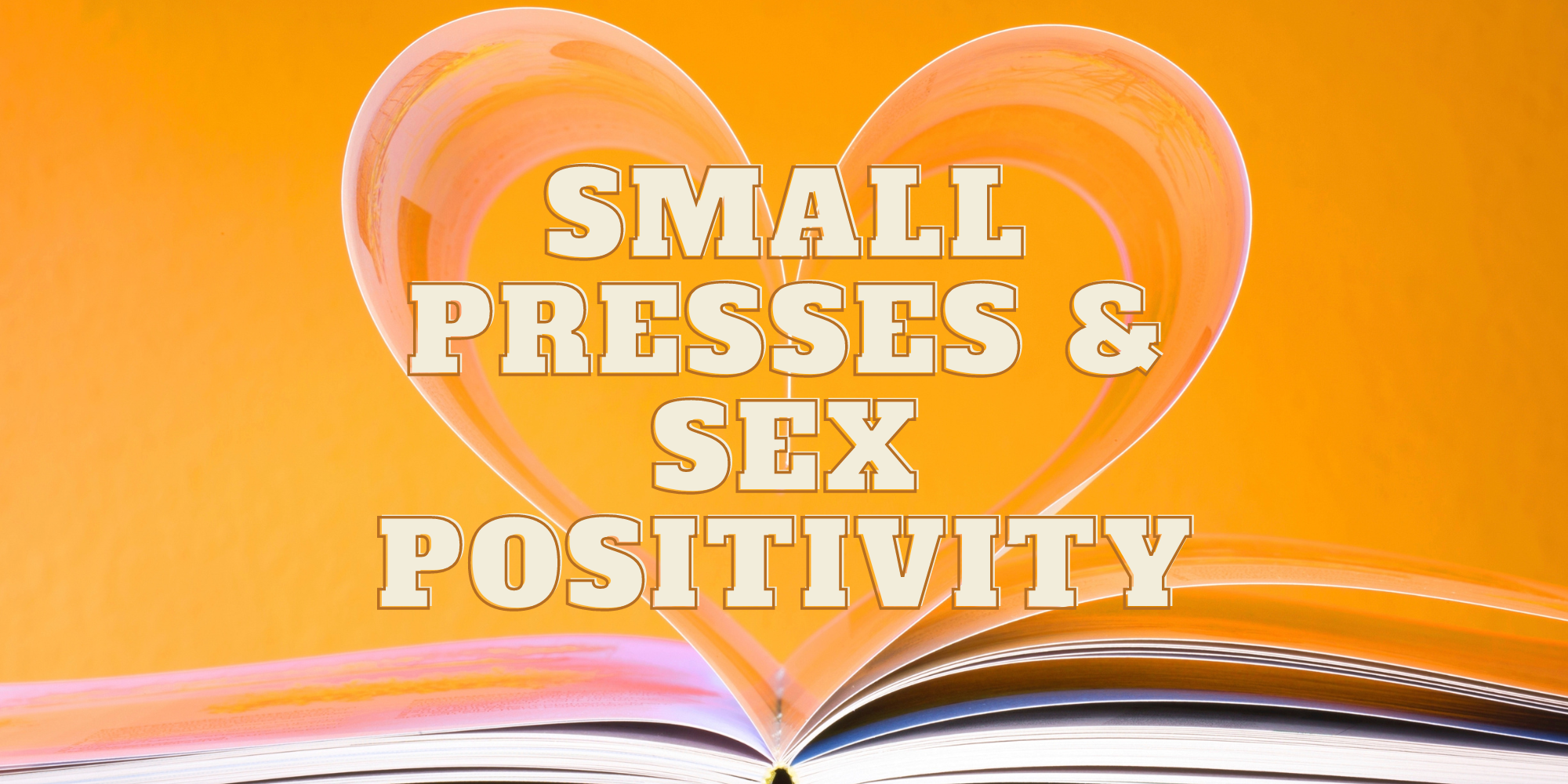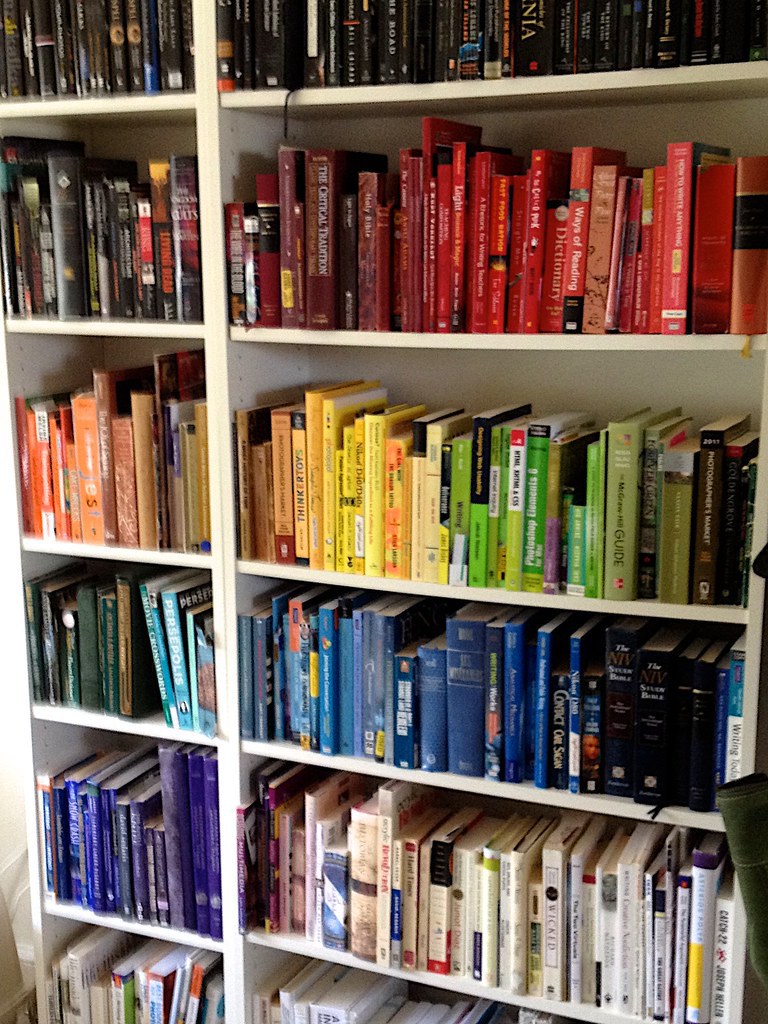Small Presses & Sex Positivity
Small, independent presses across the country are leading the way in cultivating conversations about human sexuality through their fiction and nonfiction publications. Check out these four indie publishers promoting sex positivity, just in time for Valentine’s Day.



